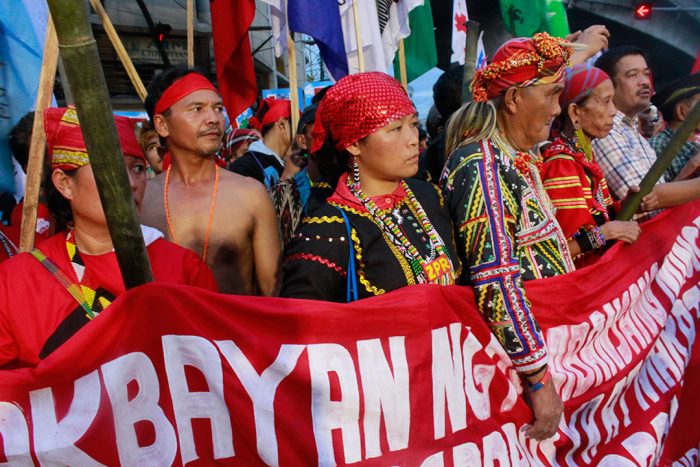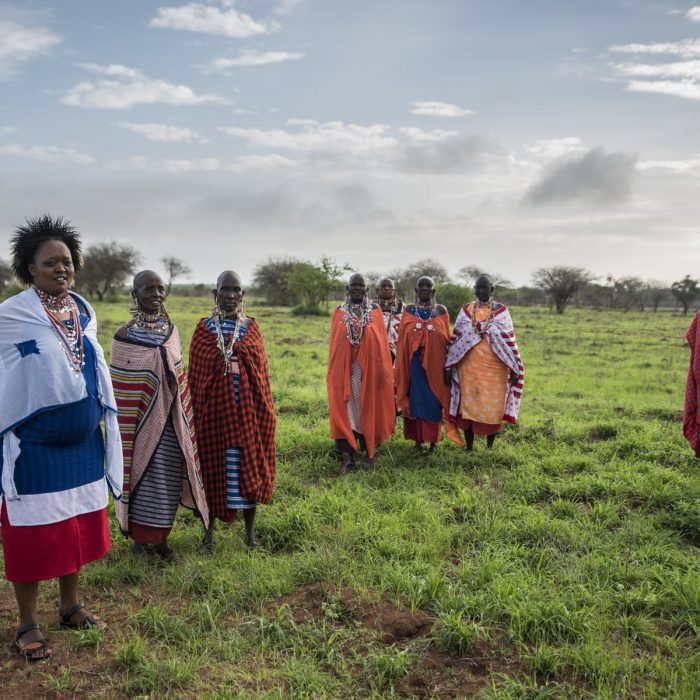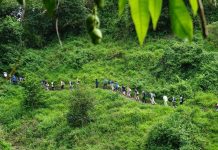Indigenous peoples often encounter difficulties accessing the benefits of social protection and support. This is usually a result of discrimination and economic and social disadvantages. Often, it is a consequence of historical injustice. These injustices include the conquest of their lands, territories and wealth, as well as the dispossession of such.
There is also, in many cases, a causal link between exclusion from social protection. You can’t deny the inequities between urban and rural areas due to geographical inaccessibility and language barriers. These languages include information that may not be available in all words. More than these issues is the fact that the dominant culture may not be adapted to indigenous cultural sensitivities.
Indigenous groups are generally excluded from decision-making processes and economic power. They experience diminished results in education and health. In addition, their traditions and languages are under threat, and they continue to be dispossessed of their traditional lands. Do you want to know how you can support and protect the rights of the indigenous peoples around the world? Continue reading to learn more.

Fight For Genuine Agrarian Reform, Wherever You Are
Indigenous peoples without land have no means of subsistence, no culture, no means of survival. States need to uphold the principle of free, prior, and informed consent in this case. Governments should consult aboriginal peoples on land use and include them in the development processes. Companies should take this on board, too, and carry out the proper due diligence before embarking on investment projects.
For us, fighting for genuine agrarian reform, wherever we are, is a way to help support indigenous rights.
Build Awareness
Informed public awareness and sensitivity-building are key to the implementation of indigenous rights. This is our responsibility. With good reason, there is a lot of skepticism there. But it is absolutely necessary to educate ourselves and understand our own complicity in consumption and policies which perpetuate the need for the exploitation of indigenous groups. Then we can begin to understand the effect on indigenous peoples, their lands, and their communities.
If you have knowledge of indigenous rights and the threats they face, educate others. In fact, you can help educate lawmakers. It is important to make as many people aware as possible.
Recognize Their Roles
We need to understand the key role of indigenous peoples. The reliance of indigenous peoples on the land for food, shelter, identity, and survival culminated in a profound respect for that land and a need to protect it.
Traditionally, indigenous peoples develop a set of conservation measures that are passed down from one generation to the next, and should, therefore, be seen as the best people to conserve that land.

Conclusion
Indigenous people are unable to choose their own way of life, take control of their own education, access health care, and so on, unless their land is free. That is a huge concern. All other issues are secondary. Tribal peoples can prosper when governments recognize and uphold their land rights.
For more information about indigenous peoples, click here.
Featured image: southeastasiaglobe.com
































